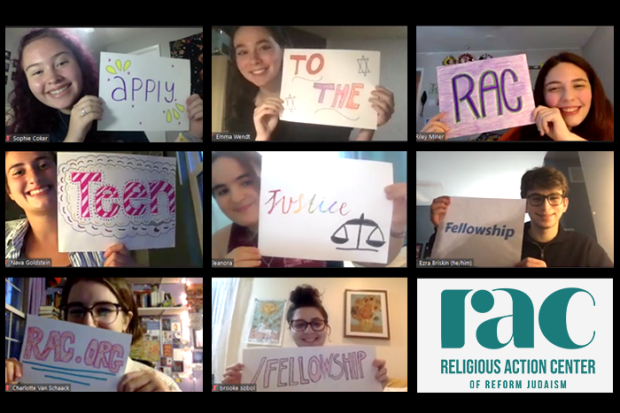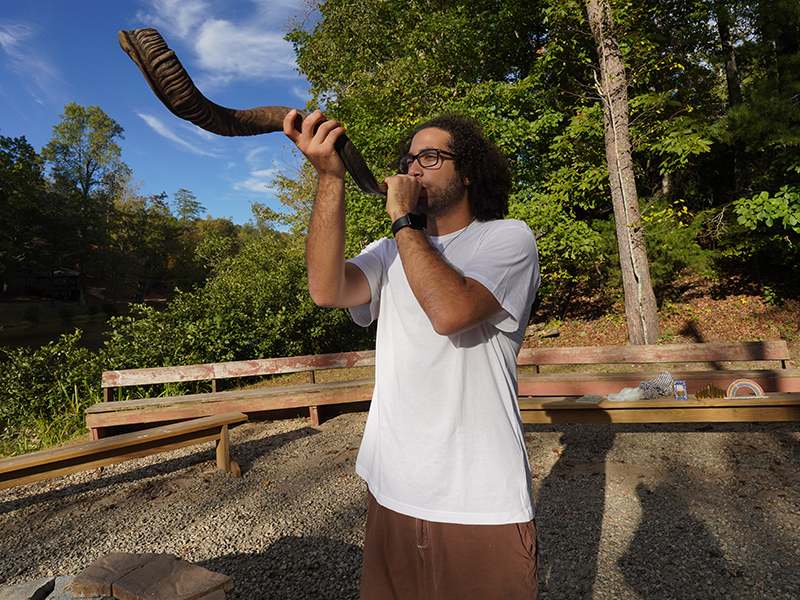Our RAC Teen Justice Fellowship program is a learning-intensive designed to equip our youth leaders with the skills to create change in their community. Through our fellowships, high schoolers connect with other social justice leaders from across the country and learn lifelong skills applicable to any issue they are passionate about. Our fellowships value experiential learning, moving beyond theory and Zoom training into action. Each fellowship culminates in teens designing and implementing a project in their home communities.
Fellows meet virtually every week for six weeks in either the fall or spring semester to hone their leadership skills, learn how to organize and advocate, and get involved with the RAC’s work. Each fellowship culminates in teens designing and implementing a project in their home communities.
Our fellows are the leaders of our movement's social justice work today. They don't have to wait until they can vote, or until they are "grown-up" to make a difference - they can take action now. Our youth leaders finish the fellowships empowered and prepared to lead their peers in justice work. They also have an incredible story to tell on college applications about their leadership.
The Justice Fellowship is the perfect next step after L'Taken or a summer at camp (though they're not necessary prerequisites). We also have created a toolkit that anyone can use to promote the fellowship!
APPLY NOW NOMINATE A TEEN PROMOTE JUSTICE FELLOWSHIP
WHO SHOULD APPLY TO BE A FELLOW?
We are looking for talented, enthusiastic teens in grades 9-12 who are interested in learning more about how advocacy, politics, and Judaism relate to each other and all other aspects of social justice, as well as gaining the skills needed to be changemakers. Teens who are ready to grow, learn, and take on a little bit of leadership make excellent fellows.
Teens from any denomination (or none) are welcome in the fellowship! We will learn through the lens of the Reform Movement's position on social justice which is grounded in our vision of a world overflowing with wholeness, justice, and compassion.
WHAT'S IN IT FOR ME?
- Explore your passions and learn to make a positive impact.
- Acquire leadership skills.
- Earn community service hours.
- Have a great story to tell on college applications.
- Flexible schedule: six one-hour evening sessions in the fall followed by a project at your own pace over the winter and spring.
WHAT IS THE TIME COMMITMENT?
The fellowship will meet in the evenings in October-November for six one-hour sessions. There will be small tasks that fellows will be expected to complete between sessions (30 mins max) and a final project on a timeline picked by each fellow individually.
Fellows design and implement their own project (within a few parameters) with support from a fellowship coach, a college student or a young adult with experience volunteering and working for the RAC and on campaigns.
HOW MUCH DOES THE FELLOWSHIP COST?
The program fee includes:
- Six weeks of live learning sessions with our staff organizers
- 1x1 time with a coach – a college student or young professional mentor matched to each fellow to guide them through crafting and implementing their project
- A stellar story and example of an independent social change project you can write about on your college essays
- A cohort of other Jewish teens interested in social justice and expanding their leadership through community organizing
The total cost to run the program is $1,000 per person. Thanks to grant funding, we are able to offer it at a significantly reduced base price of $250. To ensure that the fellowship is accessible to all who wish to apply, we request that all families with the means to do so contribute at the high end of (or beyond) the suggested price.
We are committed to making the program accessible to all regardless of ability to pay, and we will work with Fellows and their families privately to ensure cost is not a barrier to participation. If you would like to speak privately about program pricing for your family, please reach out to Shoshana Maniscalco.
WHY DOES THE APPLICATION ASK ABOUT MY RACIAL IDENTITY?
When we do social justice work, it's important to explore our own identities and how they work to give us privileges or serve as sources of oppression. Jews of Color experience the world differently than white Jews. Affinity spaces based on race provide an opportunity for white people to process and discuss racism, ask questions, and have conversations without causing unintentional harm to People of Color. They offer People of Color a safe space to have honest and open conversations about their lived experiences, without having to comfort or teach white people in that moment. If you are a Fellow of Color (see our application for a more detailed explanation of what we mean), you have the choice to opt into being mentored by a Fellowship Coach of Color.
READY TO APPLY FOR THE RAC TEEN JUSTICE FELLOWSHIP?
Apply for the Fellowship today! The application will be open until October 6th and should take you about 20 minutes to fill out. Questions? Email Shoshana Maniscalco, NFTY Fellowship Manager.
LEARN WHAT PAST FELLOWS HAVE ACCOMPLISHED
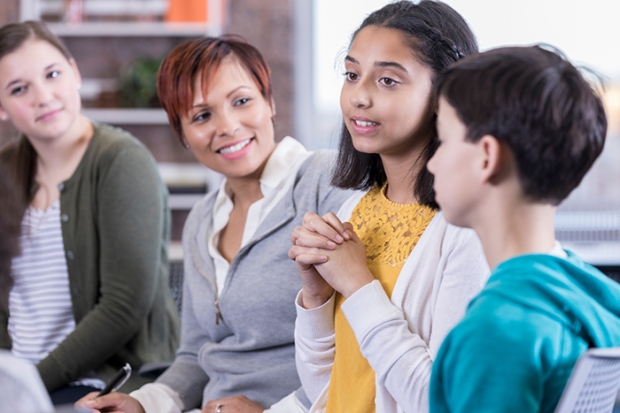
How Judaism Inspires My Mental Health Advocacy
I need your help to ensure that every student can access mental health care, no matter where they live. Last month, the U.S. House of Representatives passed the Mental Health Services for Students Act, which would provide $200 million in grant funding per year for five years to expand mental health services in public schools. Now, the Senate must act.
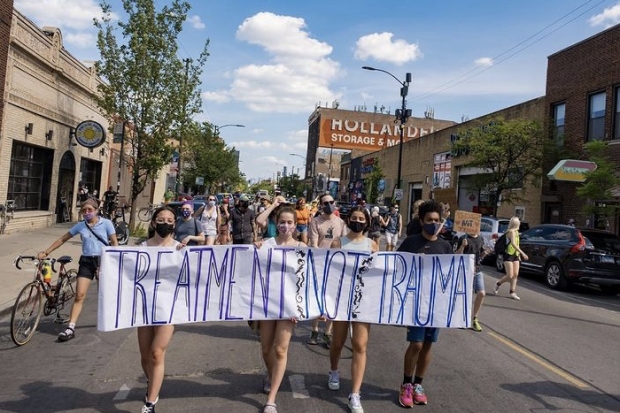
Mental Health Access is a Racial Justice Issue
My experience with the RAC Teen Racial Justice Fellowship was so amazing. I learned so many skills that were applicable to several different aspects of my life.
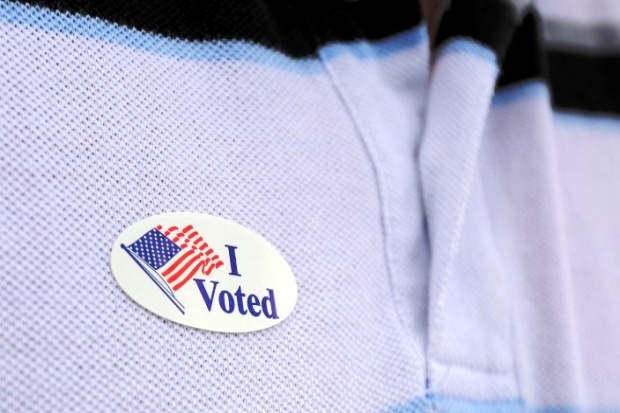
Too young to vote, these kids are helping get others to the polls in Georgia
Sarah Dowling and Justin Meszler may not be old enough to vote, but they’re making an impact in the upcoming Georgia Senate runoff election.

Turning Tragedy into Action: My Fight for Mental Health Reform
Two years ago, when I was fifteen, four of my friends attempted suicide. They were of various socioeconomic statuses, genders, and sexualities, from different schools, and family structures. Yet, they all felt their only option was to take their own lives.
